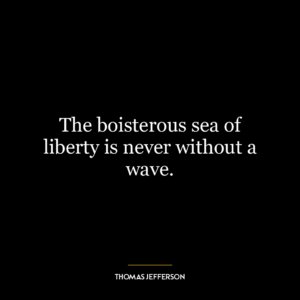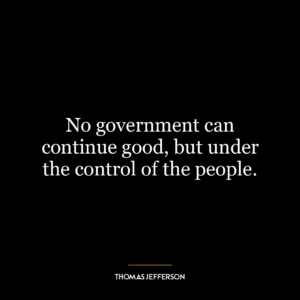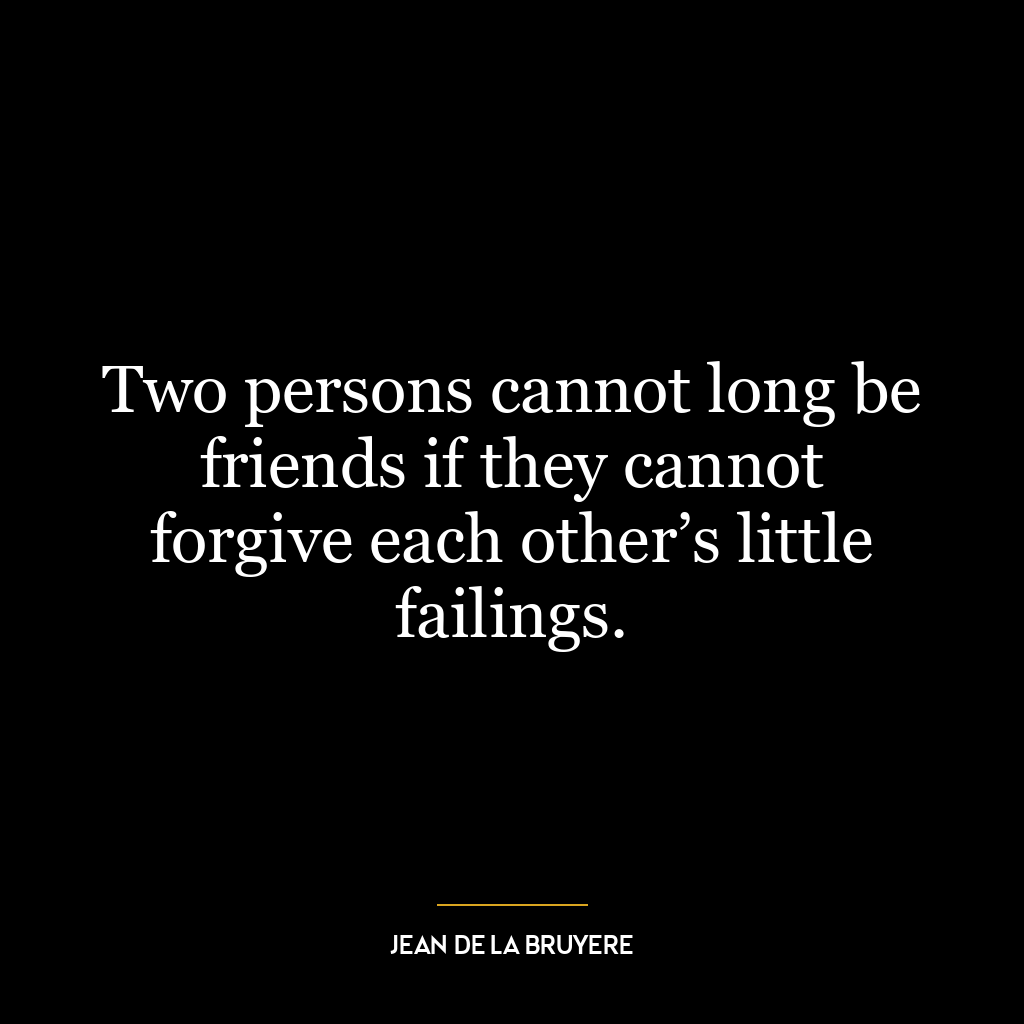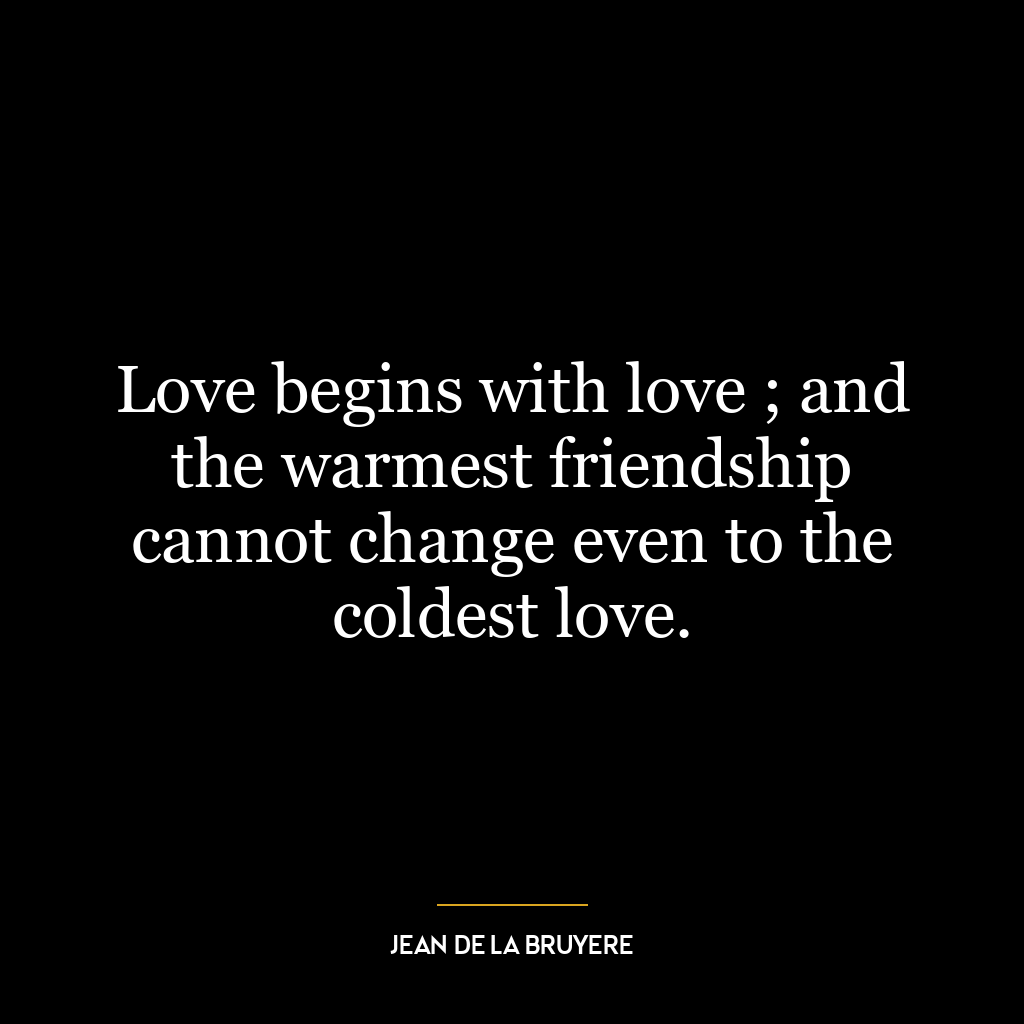This quote expresses the idea that while we may support and advocate for freedom universally, our primary responsibility lies in securing and maintaining our own liberty. This sentiment reflects a pragmatic approach to the concept of liberty. It acknowledges an affinity with all who seek freedom, but also recognizes the limitations of one’s influence and control.
The first part of the quote, “We are the friends of liberty everywhere,” signifies a broad ideological alignment with those who value freedom around the world. This is an empathetic statement showing solidarity with any individual or group striving for their rights and freedoms.
However, when Jefferson says “but guarantors of only our own”, he emphasizes that while we can empathize with others’ struggles for freedom, it is ultimately up to each person or group to secure their own liberties. In other words, it’s not enough to simply desire or believe in universal liberty; each entity must actively work towards achieving its own.
In today’s context, this quote can be applied at various levels – from nations down to individuals. For example, countries might support democratic movements worldwide but must focus primarily on maintaining democracy within their borders. Similarly on a personal level, we might sympathize with others’ struggles for self-improvement but ultimately we’re responsible only for our personal growth.
This quote could serve as guidance in personal development by reminding us that while it’s important to have empathy and desire positive change globally (or even just beyond ourselves), it is crucial not to neglect our personal growth and well-being in favor of external causes. It underscores the importance of self-care alongside caring about larger societal issues; because if we don’t secure our wellbeing first – much like securing one’s oxygen mask before helping others – then we won’t be able to effectively help anyone else either.















